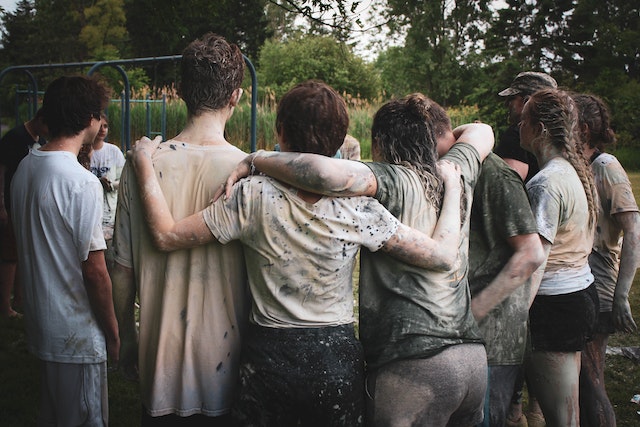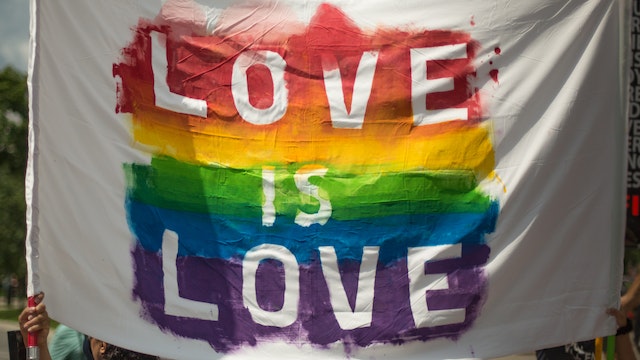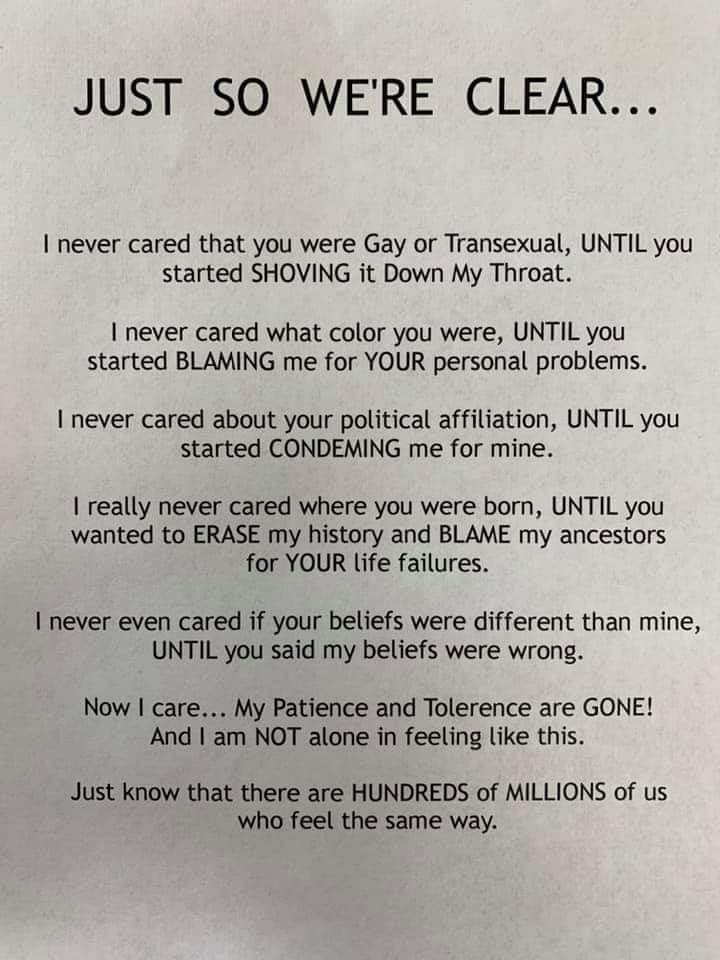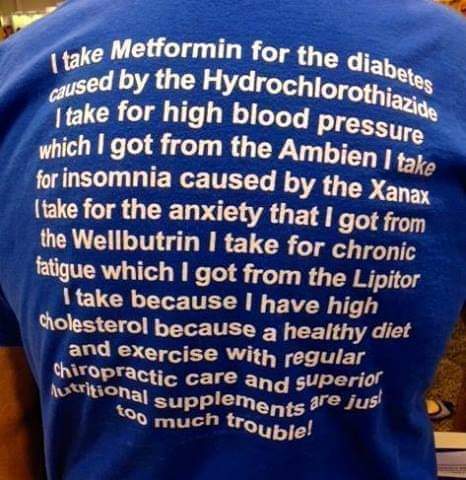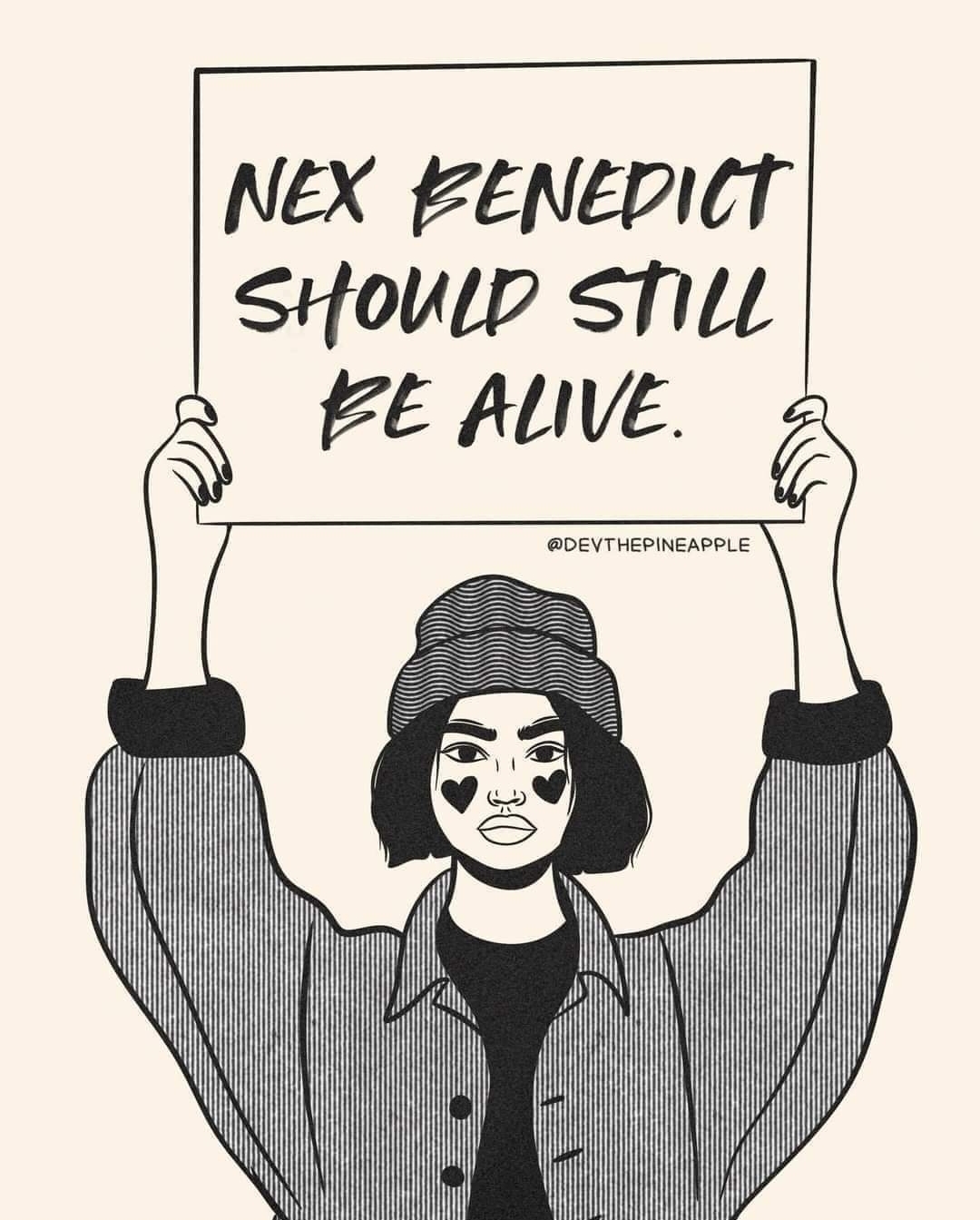
I was bullied a lot as a kid. Not so much by the time I got to high school, but junior high was brutal. It wasn’t one specific reason; I just wasn’t one of the cool kids. I had frizzy hair and bad skin, was painfully shy, and didn’t really fit in anywhere. I hated going to school. Hated it. I remember the sick, sinking feeling in my stomach every morning before school, I remember the anxiety – the dread, really – of wondering not whether or not I would get bullied, but how bad it would be. I did have a little group of friends (ever seen Mean Girls?) and I was the punching bag. I remember when my “friends” went through a spitting phase, and would corner me in a bathroom stall, stand on the adjacent toilets, and spit on me over the wall. I remember how they made a game to see what it would take to make me cry, and when I did inevitably cry, they would laugh and double-down on their efforts. They were cruel, and they were relentless. Looking back, even 35+ years later, it still stands as one of the hardest times in my life. Getting bullied is no joke.
I’ve been thinking about my junior high experience a lot lately, ever since the tragic death of Nex Benedict. Nex was a non-binary 16-year-old from Oklahoma. They were assaulted by three girls in the bathroom at school (in Oklahoma, students must use the bathrooms that correspond to the sex listed on their birth certificates), had their head smashed repeatedly against the floor, and collapsed at home the following morning. They died less than 24 hours after the attack. According to Nex’s friends and grandmother, who raised them from infancy, Nex had been bullied for their gender identity for over a year.
And while I can certainly understand the pain of being bullied, I don’t know at all what it feels like to be bullied because of your gender identity, something that is such as intrinsic part of who you are. So I can’t speak to that, but I can speak to the disturbing and disheartening trends I’ve seen both leading up to Nex’s death and in the immediate aftermath.
Part of me wants to think the societal environment for LGBTQIA individuals is getting better. My Gen Z kids, as well as their friends, are far more accepting and inclusive than anyone I ever saw growing up. They are gentle and respectful, never batting an eyelash over pronouns, new names, or sexuality. It is effortless for them, taking no more brain power or mental gymnastics than the way they treat any other human: with dignity, kindness, and respect.
But then I get on social media.
I’m seeing a community of people getting pressed not over the fact that an innocent child was killed, but why they believe that being non-binary is wrong, why they are not going to be using Nex’s correct pronouns, why Nex was to blame for the attack, and why we can’t speculate about the cause of Nex’s death (ie: the girls could have had nothing to do with it).
As for the first one – believing that being non-binary is wrong – your discomfort with people who are different than yourself doesn’t make them stop existing. Non-binary people exist, and have existed since the beginning of time. It bothers me deeply that it needs to be said, but non-binary folks and other LGBTQIA individuals are as human as anyone else, are deserving of love and respect, and possess the same amount of value and worth as their cisgender counterparts. A death of any innocent child is a tragedy, a tragedy made infinitely worse with the knowledge that it was at the hands of someone else, and never had to happen. Nex should still be alive, and your opinion about their gender identity is irrelevant. Full stop.
As for pronouns? People get really really bent out of shape about pronouns, and I don’t understand why. Honoring someone’s pronouns is literally one of the easiest things we can do to show our respect for the person in front of us. It costs us nothing and causes us zero harm. It is the absolute bare minimum when it comes to honoring someone’s life and autonomy, at any time, but especially when the person in question has died. Such a simple, simple thing to offer a modicum of respect after such a heartbreaking event, and people refuse to do it because of…. what? A stubborn and self-aggrandizing need to be “right”? When a child has died? What are we doing?
The agreed upon series of events (including straight from Nex themself, at the hospital talking to the police), are this: Nex entered the bathroom with a friend, where the three girls who’d been bullying them laughed and began harrassing Nex. Nex, fed up with the abuse – remember this harrassment had been going on for over a year – splashed some water from their water bottle on the girls. They retaliated by beating on Nex, eventually getting them to the ground and smashing their head into the floor. Nex didn’t deserve to die over some drops of water. I see people saying, “But Nex assaulted them first!” Okay? Are we going to compare some water to beating someone’s head into the ground? Also, the punishment for harrassment is not supposed to be death. This was a child who was pushed to their breaking point. It is agonizing, demoralizing, and humiliating to be at the receiving end of bullies. The fact that Nex chose to respond by splashing water on them (which is harmless) can be understood if we put ourselves in Nex’s shoes, and is in no way comparable to what those girls did to them.
Finally, there hasn’t been an announced determination of the cause of death yet. This is true. Nex did not die on the spot; they died the next day at home. It’s important to note that the fight has not been ruled out as a contributing factor in their death, and that head injuries such as brain bleeds can absolutely cause death hours or even days after the injury. Remember Natasha Richardson? The thing is, even if the beating did not directly cause Nex’s death, even if Nex was so distraught that they did something like overdose (a theory I’m seeing a lot of), it does not make the girls any less culpable. They tormented someone for a year. They beat them so hard they blacked out in the bathroom. Those girls are not innocent, regardless what an autopsy shows.
If we hear about something like Nex’s death, and our first instinct is to squabble over pronouns or gender identity, or blame the victim because of a little bit of water, we are part of the problem. We are perpetuating the cycle of hatred and discrimination. We are literally paving the way for future acts of violence. We are making it okay.
I’ve been thinking a lot about Matthew Shephard lately. If you don’t remember the name, Matthew was a 21 year old gay college student in Wyoming who was beaten, tortured, and left to die tied to a fence in 1998. It was one of the most publicized fatal hate crimes of my lifetime. I feel like we have learned nothing since then. I’d like to think that the landscape is changing, that this hatred has lessened, that more acceptance is on the horizon.
Yet here we are.
And the truths I think we can take from this tragedy are this:
Hatred, discrimination, and bigotry are still alive and well. Lest I forget, I am reminded of this every time I write about it. (Every. Time.) Usually by other Christians angrily banging on their keyboards about sin, instead of having compassion for the fact that children are literally dying. The LGBTQIA community is one of the most marginalized and vulnerable groups in our society, and this hasn’t changed in the last 26 years since Matthew Shephard died.
We NEED to continue to speak out against injustice (and teach our kids to speak out against injustice) and we also need to listen. Listen to the people who are centered in this issue, listen to what we can do, listen to what is and is not helpful. Listening should always come first.
We need to continue to show kindness…. kindness to all people, but especially to those marginalized by the rest of society.
We need to continue to celebrate differences, not denigrate them.
We need to continue to teach our kids about acceptance and respect. Those girls who attacked Nex? They weren’t born hateful; they learned that somewhere.
We need to continue to show our kids through our actions how we love people, how we care for them, how we talk about them when they’re not around.
We need to do better.
Nex Benedict should not have died.



